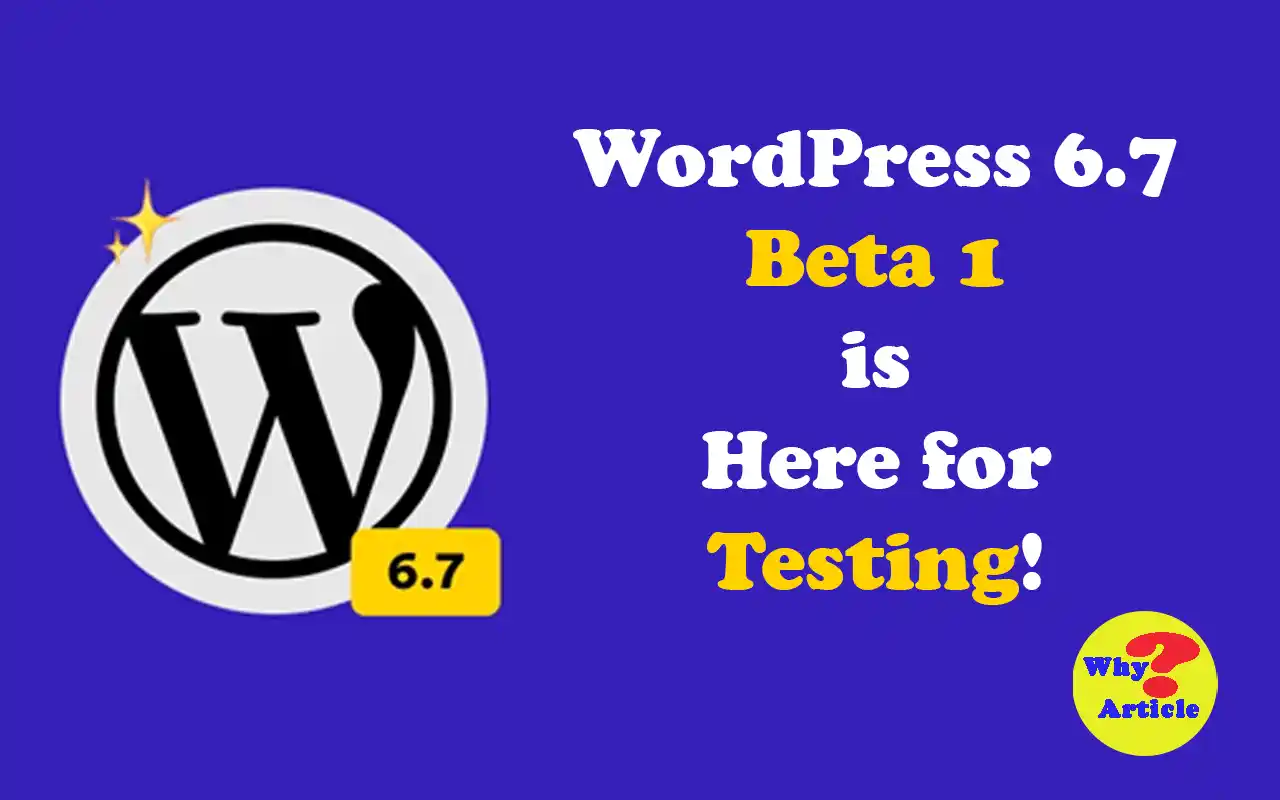Are you struggling to find the right balance between optimizing your content for search engines and keeping it readable for your audience? Keyword stuffing and over-optimization can hurt your SEO efforts, making your content less effective. In this guide, we’ll explore how to avoid keyword stuffing and fix over-optimization, ensuring your content is both user-friendly and search engine-friendly.
Understanding Keyword Stuffing
What is Keyword Stuffing?
Keyword stuffing involves cramming a web page with keywords in an attempt to manipulate search engine rankings.
While it was once a common practice in the early days of SEO, search engines like Google have become much more sophisticated. Today, keyword stuffing can lead to penalties and lower rankings.
Types of Keyword Stuffing
- Repetitive Use: Using the same keywords repeatedly in your content.
- Unnatural Grouping: Grouping keywords together in a way that doesn’t flow naturally.
- Hidden Text: Adding keywords to the source code in a way that isn’t visible to users.
Why is Keyword Stuffing Bad for SEO?
Keyword stuffing violates Google’s web search policies, leading to potential penalties. This can result in lower rankings or even removal from search results.
Additionally, it creates a poor user experience, making content hard to read and less engaging.
Fixing Over-Optimization
1. Measure Your Content’s Keyword Density
Keyword density refers to the percentage of times a keyword appears in your content. The ideal keyword density is around 2%.
Tools like the WPBeginner Keyword Density Checker can help you measure and adjust your keyword usage.
2. Assign a Primary Keyword to Each Content
Focus on one primary keyword per page or post. Conduct thorough keyword research to choose a keyword that best represents your content’s main topic.
Tools like SEMrush can help you find the right keywords and analyze their search volume, intent and difficulty.
3. Use Synonyms and Related Keywords
Incorporate related keywords and synonyms to avoid repetitive use of the same keyword. This not only helps with SEO but also makes your content more engaging and readable.
Tools like WPBeginner’s Keyword Generator can provide a variety of related keywords to use.
4. Add Value by Extending the Word Count
Creating long-form content allows you to cover topics in more detail and naturally incorporate a variety of keywords.
This can improve your rankings and provide a better user experience. Consider adding a FAQ section or breaking down complex topics into subheadings to extend your content.
5. Include Keywords in On-Page SEO Optimization
Distribute your keywords across different elements of your page, such as the title, meta description, subheadings and image alt text.
This helps with SEO without overloading any single part of your content.
Practical Tips to Avoid Keyword Stuffing
Focus on Quality Over Quantity
Write for your audience first. Quality content that provides value will naturally rank better than keyword-stuffed content.
Use Tools for Guidance
Leverage SEO tools to help you analyze and improve your content.
Tools like AIOSEO can provide insights and suggestions for better keyword usage and overall optimization.
Regularly Update Your Content
SEO is an ongoing process. Regularly update your content to keep it fresh and aligned with current best practices.
This can also help you incorporate new keywords and topics that are relevant to your audience.
Frequently Asked Questions
The ideal keyword density is around 2%. This ensures that your content is optimized without being overstuffed.
Use keyword research tools like SEMrush or WPBeginner’s Keyword Generator to find related keywords and synonyms.
Keyword stuffing can lead to penalties from search engines, resulting in lower rankings or removal from search results. It also creates a poor user experience.
Regular updates are recommended to keep your content fresh and relevant. Aim to review and update your content at least once every six months.
It’s best to use unique primary keywords for each page to avoid competition between your own pages and to better target specific search intents.
By following these guidelines, you can create content that is both SEO-friendly and enjoyable for your readers.
Avoid keyword stuffing, focus on providing value and use a variety of keywords to enhance your content’s effectiveness.













